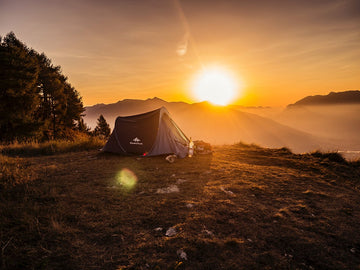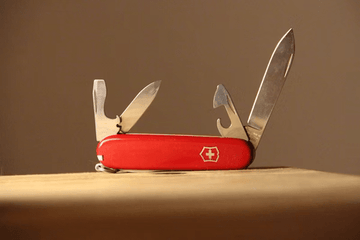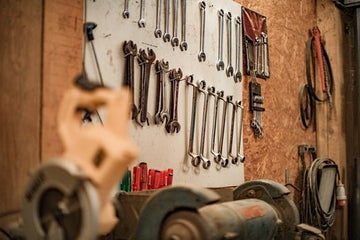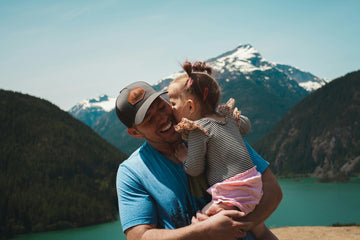A foldable pocket knife is a camper's best friend when it comes to campfire setup and maintenance. With proper knife technique, it becomes an indispensable tool. Use it to carve and feather sticks for kindling, ensuring a quick and efficient fire-starting process. Trim small branches and twigs to size, making them suitable for adding to the flames. But remember, safety first! Always cut away from your body and keep a firm grip on the knife. A sharp blade is safer than a dull one, so maintain it regularly. With these skills, your pocket knife becomes a trusty companion for crafting the perfect campfire.
Here's how campers typically use foldable pocket knives:
-
Food Preparation:
- Cutting and chopping ingredients for cooking meals.
- Peeling or trimming vegetables.
- Slicing and dicing fruits.
- Opening food packages and cans.
-
Campfire Setup and Maintenance:
- Cutting small branches and twigs for kindling.
- Shaving or feathering sticks to start a fire.
- Trimming excess rope or cordage used for setting up tents and tarps.
-
Utility Tasks:
- Opening packages or containers.
- Repairing gear, such as torn clothing or damaged equipment.
- Removing splinters or thorns.
- Whittling or carving wood for craft projects or entertainment.
-
Food Processing:
- Gutting and cleaning fish or game (if allowed and applicable).
- Filleting fish.
- Skinning small animals (if applicable).
-
First Aid:
- Cutting bandages and medical tape.
- Preparing improvised splints or bandages from available materials.
- Opening blister packs of medications or first aid supplies.
-
General Campsite Tasks:
- Opening and closing camping gear like folding chairs and tables.
- Trimming excess cordage or rope used for guy lines.
- Repairing or modifying camping equipment or gear.
-
Safety and Emergency Situations:
- Cutting seatbelts in case of a vehicle accident (emergency use).
- Creating emergency signaling devices or improvised tools.
When using a pocket knife while camping, it's essential to prioritize safety:
- Always cut away from your body to avoid accidents.
- Keep the knife blade sharp for efficient cutting, as a dull blade can be more dangerous.
- Close and secure the knife when not in use to prevent accidental injuries.
- Be mindful of others when using your knife in a shared camping environment.
- Follow any local regulations or campground rules regarding the use of knives.




